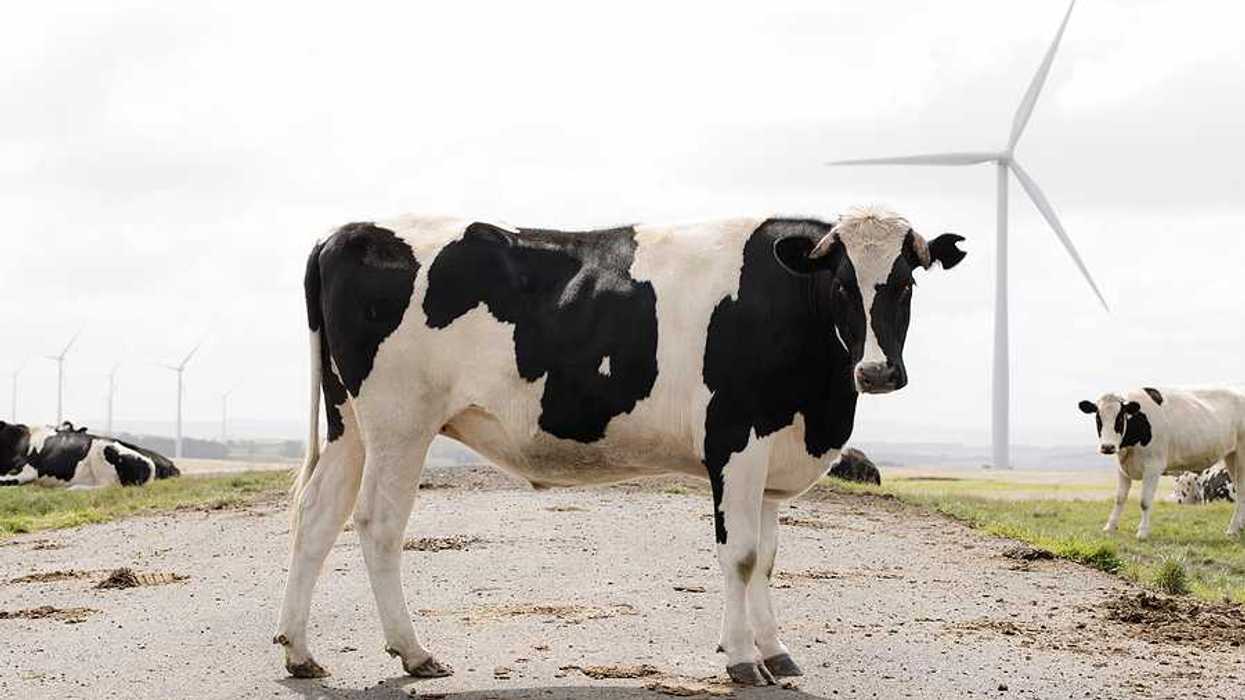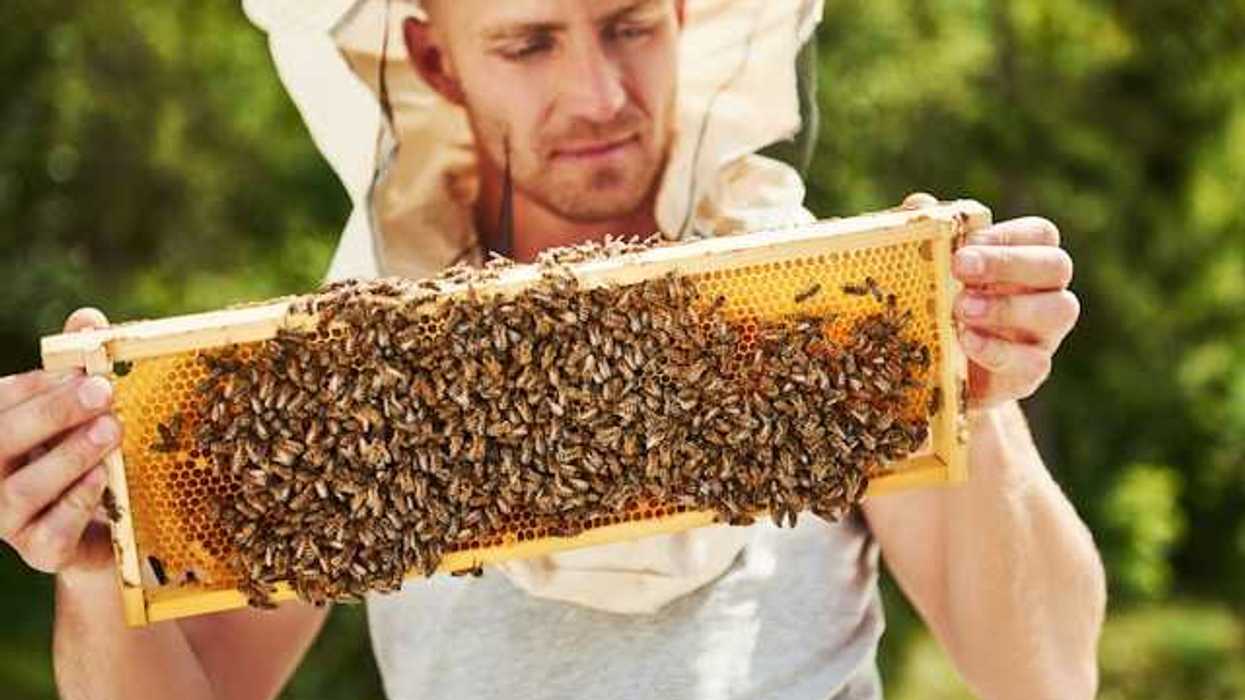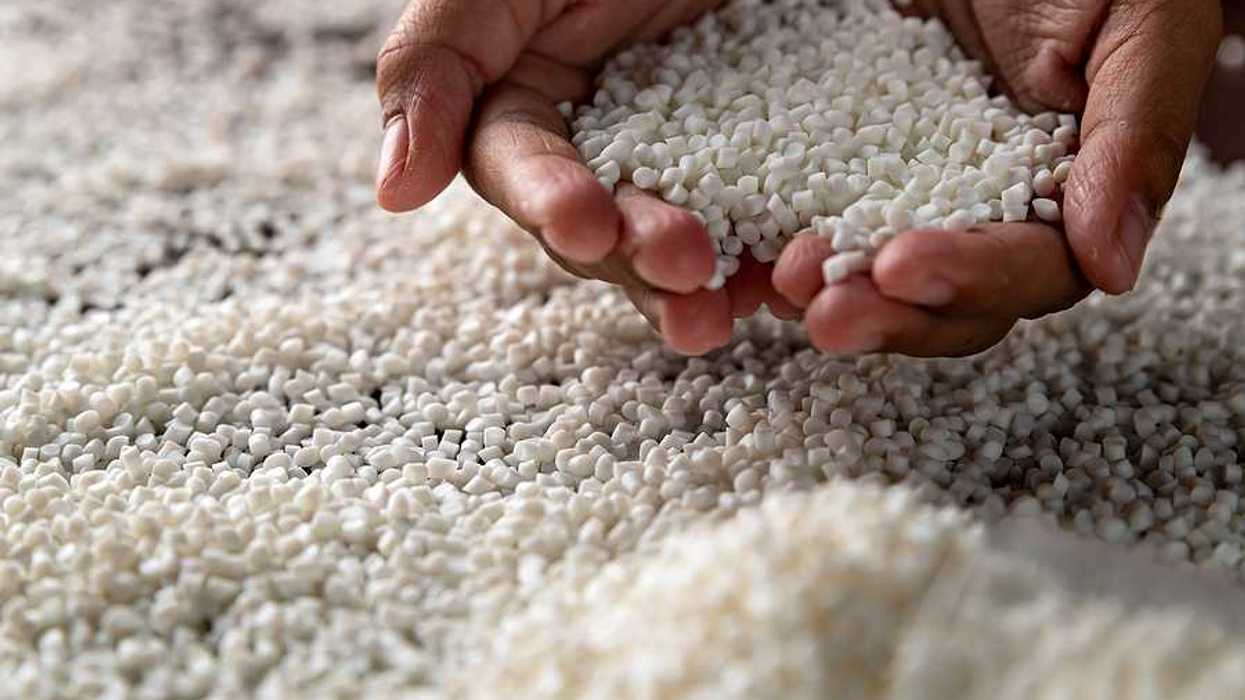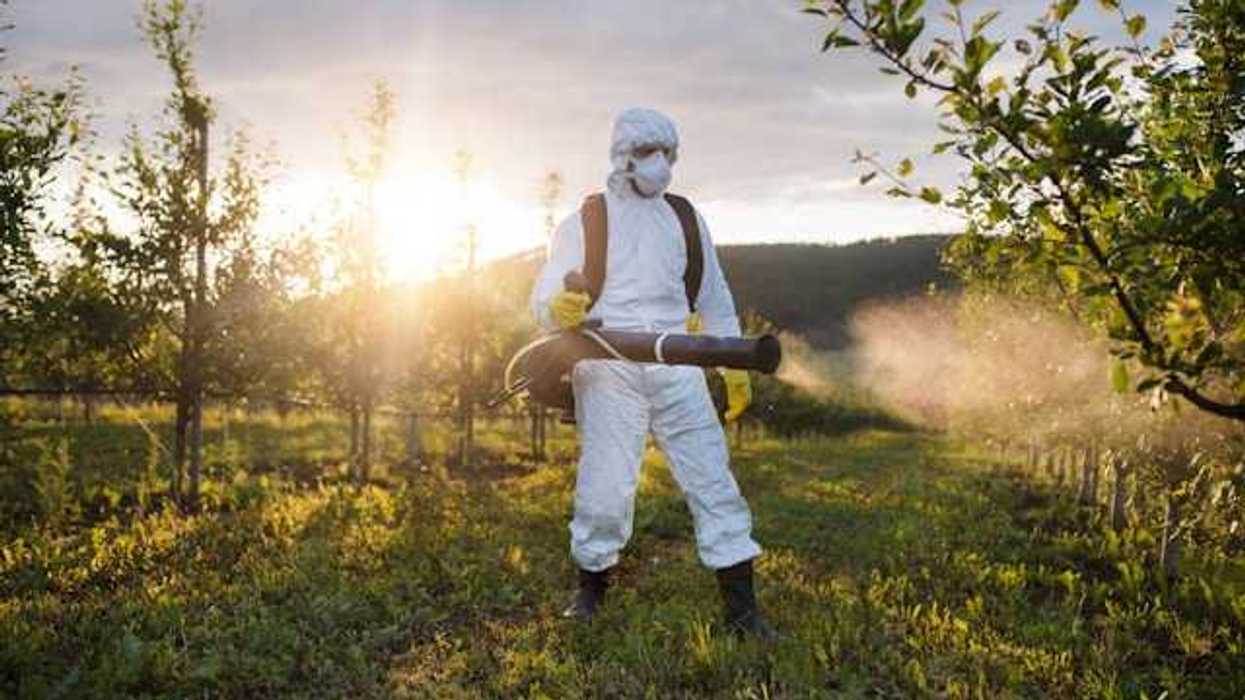SEATTLE—Michael Evans isn't a regular on Facebook, so he missed word that inclement weather had canceled the canoe portion of the Salmon Homecoming Celebration. His Snohomish Tribe canoe family would be the only paddlers to take on the choppy waters that Saturday in September.
"It was a little rough," said Evans, who wore a long grey goatee and mustache. But the Blue Heron canoe, he added, had already survived many stormy seas and tallied hundreds of miles. The eight-member crew easily completed the three-mile journey from the head of the Duwamish River to the Port of Seattle — even managing to dodge a cruise ship that backed up into their path. "We had to paddle pretty hard to get out of their way," Evans said.
At a pier under Seattle's Great Wheel, they joined hundreds of other Native Americans and non-tribal people in mid-September to honor the circle of the salmon's life — a journey which also typically totals hundreds of miles to-and-from the sea. The 24th annual Salmon Homecoming Celebration marked the fish's fall return. It also reintroduced local families to Native American culture and raised awareness about the threats to that culture posed by polluted waterways and dwindled salmon populations. The resulting damage for Pacific Northwest tribes is both direct and indirect – from smaller stocks of a healthy ancestral food source to weakened connections between the people, the land and the sea.
Salmon are considered a measuring stick of well-being in the Pacific Northwest. "If salmon can't survive, humans are not far behind," said Evans, chair of the Snohomish Tribe and father of the canoe, which he helped to build with red and yellow cedar in the early 2000s. "And salmon are struggling at this point."
With no roads and few trails—and with the main food source in the water—canoes, explained Evans, had once been the “vehicles of choice" in the Pacific Northwest. Tribes are now reviving that nearly lost canoe culture through organized journeys and celebrations. Each canoe family is cared for and guided by a father and a mother.
Seventeen populations of Pacific Northwest salmon and steelhead — including some chinook, chum, coho and sockeye — are listed as threatened or endangered under the Endangered Species Act. A growing human population, with associated habitat destruction, pollution, overfishing and warming waters, are largely to blame
Still, the tone on the waterfront in no way reflected a dire situation or the dark skies above. Under a large white tent, men and women in colorful regalia — headdresses, moccasins, shawls, beaded tassels and dance sticks — kept rhythm with rawhide drums and traditional songs. Yellows, pinks, greens, blues and purples blurred to the beat in the women's fancy and men's traditional dance competitions. The Muckleshoot Tribe handed out "I [heart] salmon" stickers. And vendors sold everything from 12th Man Seahawks sweaters to dream catchers as visitors came and went, many stopping to sample from the salmon bake.
Gerald “G.I." James, treasurer of the Salmon Homecoming Alliance and member of the Lummi Tribe, noted that baked is just one of the many ways local Native Americans have long enjoyed their favorite food. His father was a fisherman. "I grew up on fish — fried, barbecued, boiled, fish stew," said James, sitting inside a trailer he set up for the three-day event. "We had fish egg soup. Man, that's really good."
But his children know a different menu, one that includes fewer salmon and "more McDonald's," added James.
The connection between Pacific Northwest Native Americans and salmon dates back thousands of years. "We are a salmon people," said Walter Pacheco, president of the alliance and member of the Muckleshoot Tribe, raising his voice to be heard over the drum beats. "Our culture depends upon them. We stand to lose more than anyone else."
"Fish is life. Water is life," was echoed by many Native Americans at the event. And each made it clear that they aren't just standing idly by as salmon numbers fall. For example:
Earlier this year, the U.S. Army Corps of Engineers sided with Pacific Northwest tribes in a decision to block the largest proposed coal export terminal in North America at Cherry Point. The project, argued the Lummi Nation, would have infringed on their treaty-protected fishing rights.
A court ruling in favor of tribes now requires the Washington State Department of Transportation to, by 2030, fix culverts that block 200 meters or more of salmon habitat.
The Lower Elwha Klallam Tribe helps oversee planning and assessment activities associated with the cleanup of toxic chemicals from Port Angeles Harbor.
The Jamestown S'Klallam Tribe has prepared a climate adaptation plan to assess vulnerabilities and reduce negative impacts. The tribe concluded that salmon will be significantly impacted by the changing precipitation patterns and warming water temperatures.
The Hoh Tribe has implemented the Hoh Water Adventure, which teaches tribal members about cultural and natural resources, as well as management concerns and strategies.
The old stories are still important. During the first two days of the celebration, tribal leaders shared traditions and lessons surrounding sacred salmon with hundreds of 4th and 5th graders. You don't, for instance, want to cross the Salish Salmon Woman, protector of salmon.
Salmon were once in abundance year-round at the mouth of the river by the Salish village, according to the tale. But after the Salish people abused the salmon and its habitat, she altered the salmon life cycle: The fish left the river for the ocean and did not return until spawning season.
Northwest tribal leaders relay a less symbolic warning about greed to regulators. In a battle to increase the fish consumption rate and force industry to follow more stringent rules over water pollution, they emphasize how tribal people typically consume far more fish than others in the region and are, therefore, exposed to more dioxins, polychlorinated biphenyls (PCBs) and other toxic chemicals that accumulate in aquatic creatures.
Tribes themselves also keep close tabs on local waterways and the salmon they support. Justin Parker, vice president of the alliance and executive director of the Northwest Indian Fisheries Commission, cited the recently published State of Our Watersheds Report, produced by the 20 treaty tribes of western Washington. It warns of a steady decline in salmon habitat but also provides a roadmap for repair. In it, each of the treaty tribes presents a chapter specific to its own watersheds. Parker noted that state agencies now call the document their "Bible for salmon restoration."
"It's important that we are all on the same page to restore watersheds and get salmon runs up to where they need to be. Right now they're not," said Parker, a member of the Makah Tribe. "It's an ongoing trend and we need to slow it down, or we will be fighting over the last salmon."
The urgent action needed, he and other experts underscored, requires collaboration of both tribal and non-tribal people. This year's event seemed appropriately and optimistically themed: "Pulling together we can get there."
Matthew Wasse of Detroit was runner-up in the Wannabe competition which, as the celebration's M.C. explained, stood for "wanna be just like an Indian." He proudly held up his prize t-shirt imprinted with the theme of a prior year's celebration: "Man has responsibility not power."
"I feel a personal responsibility," said Wasse, noting that he was drawn over from farther down the waterfront by the drum beats. "This is going to raise my awareness."
Jade Louis, a member of British Columbia's Okanagan Tribe, performed a butterfly dance in the women's fancy competition. She highlighted the importance of "protecting the water so that it can protect the people," and lamented the pollution that's plagued the Fraser River in her home province. In dark times the salmon haven't been safe to eat, she said. But on this day, decked out in a pink dress, shawl and feather head piece, Louis was intent on celebrating.
"Dancing is healing for our people," she said.
Back at the waterfront, towering above the Blue Heron and its blue flag battering in the wind, another cruise liner readied to shuttle thousands of tourists up the coast to Alaska, through prime salmon territory. It would leave just before Evans and the rest of his canoe family boarded the canoe to begin their return paddle.
The beats, chants, and scent of fresh salmon still rose in the air as Evans plunged his paddle, named "Songs on the Water," back into the Puget Sound. "The winds were contrary as we headed back to the Duwamish head," he later recalled.
"We arrived just as the winds calmed. We turned around and the sun was beneath the clouds and shining directly on Seattle. We were glad to be safe after all the fun of the day."














